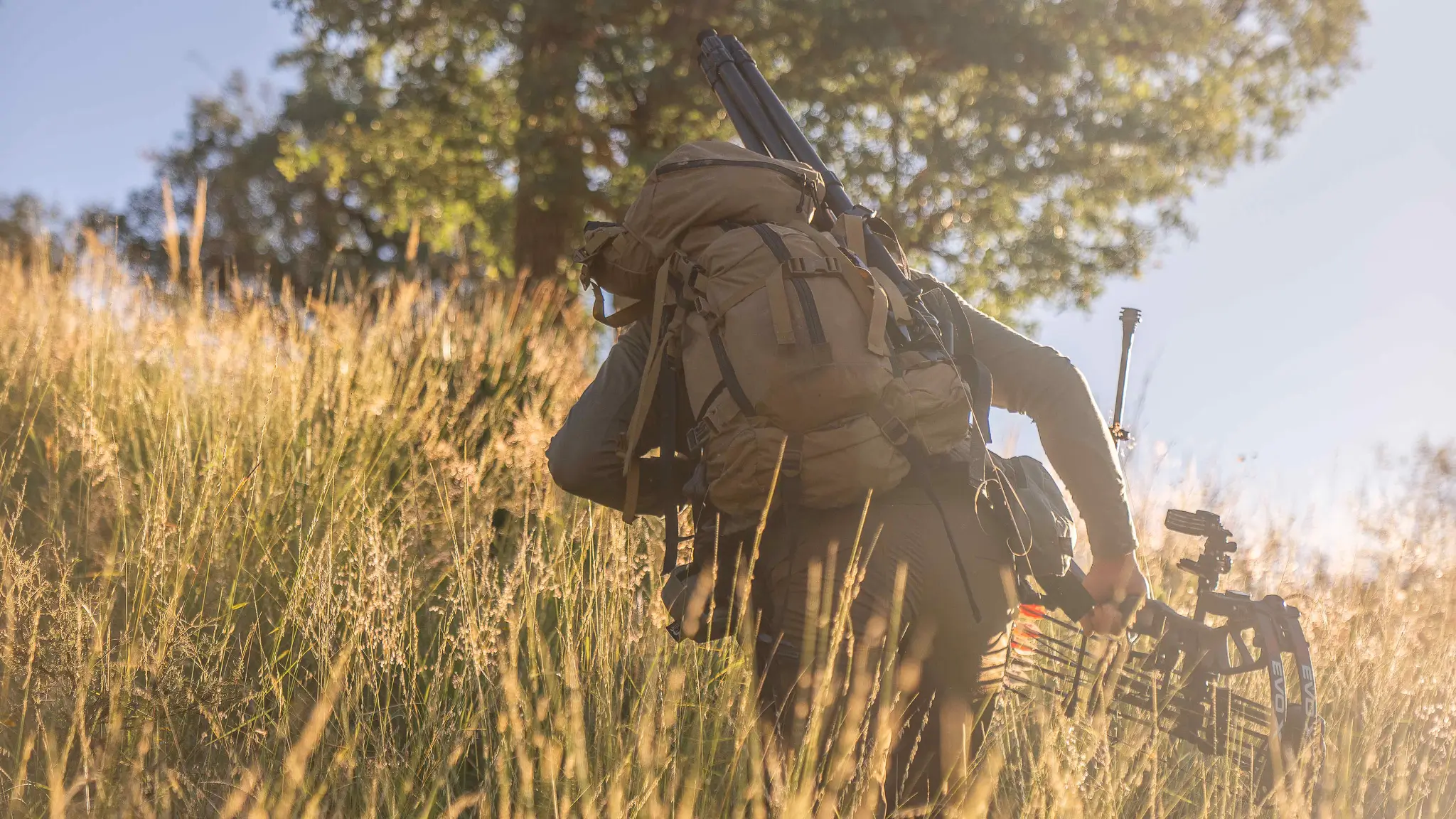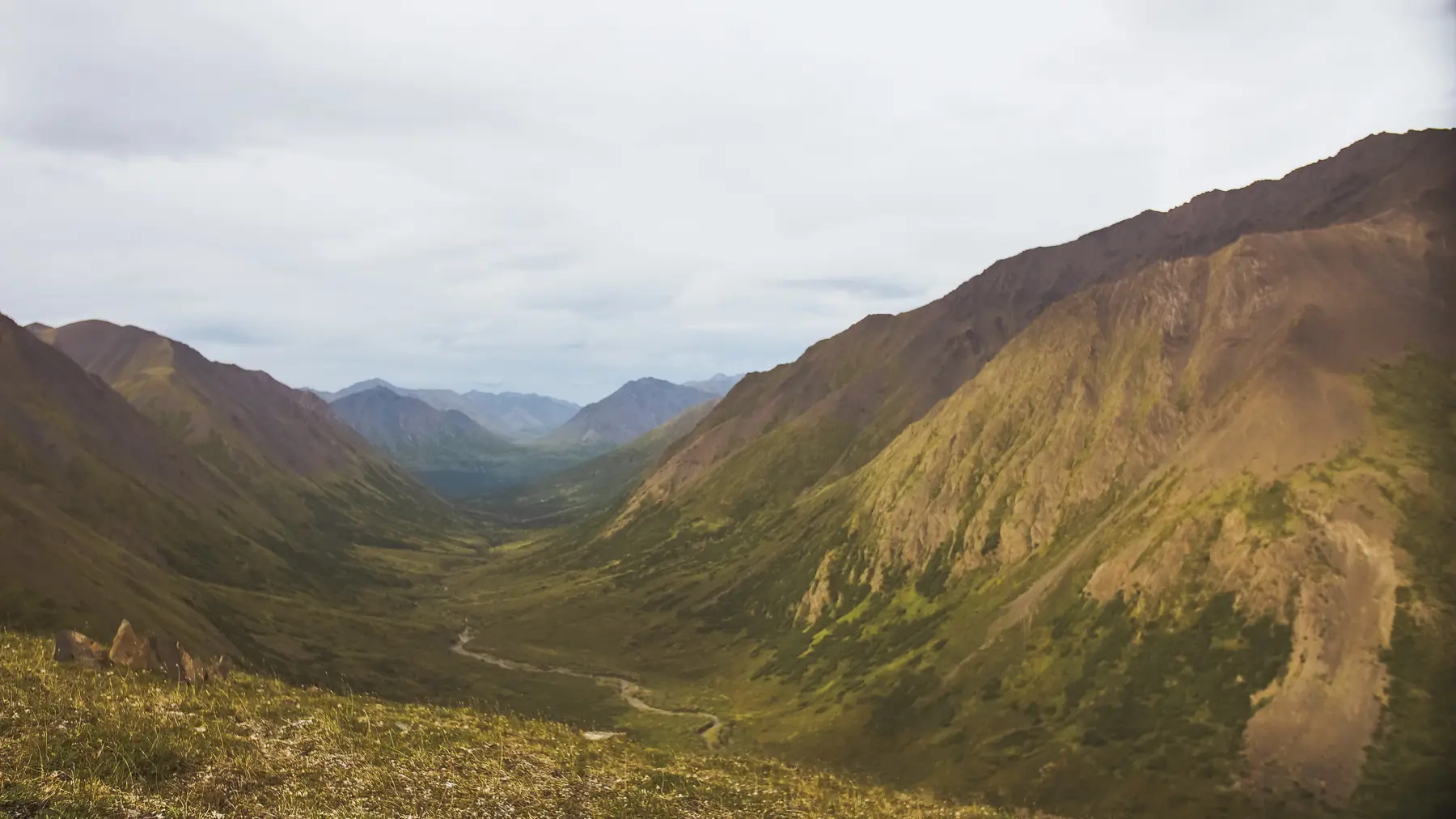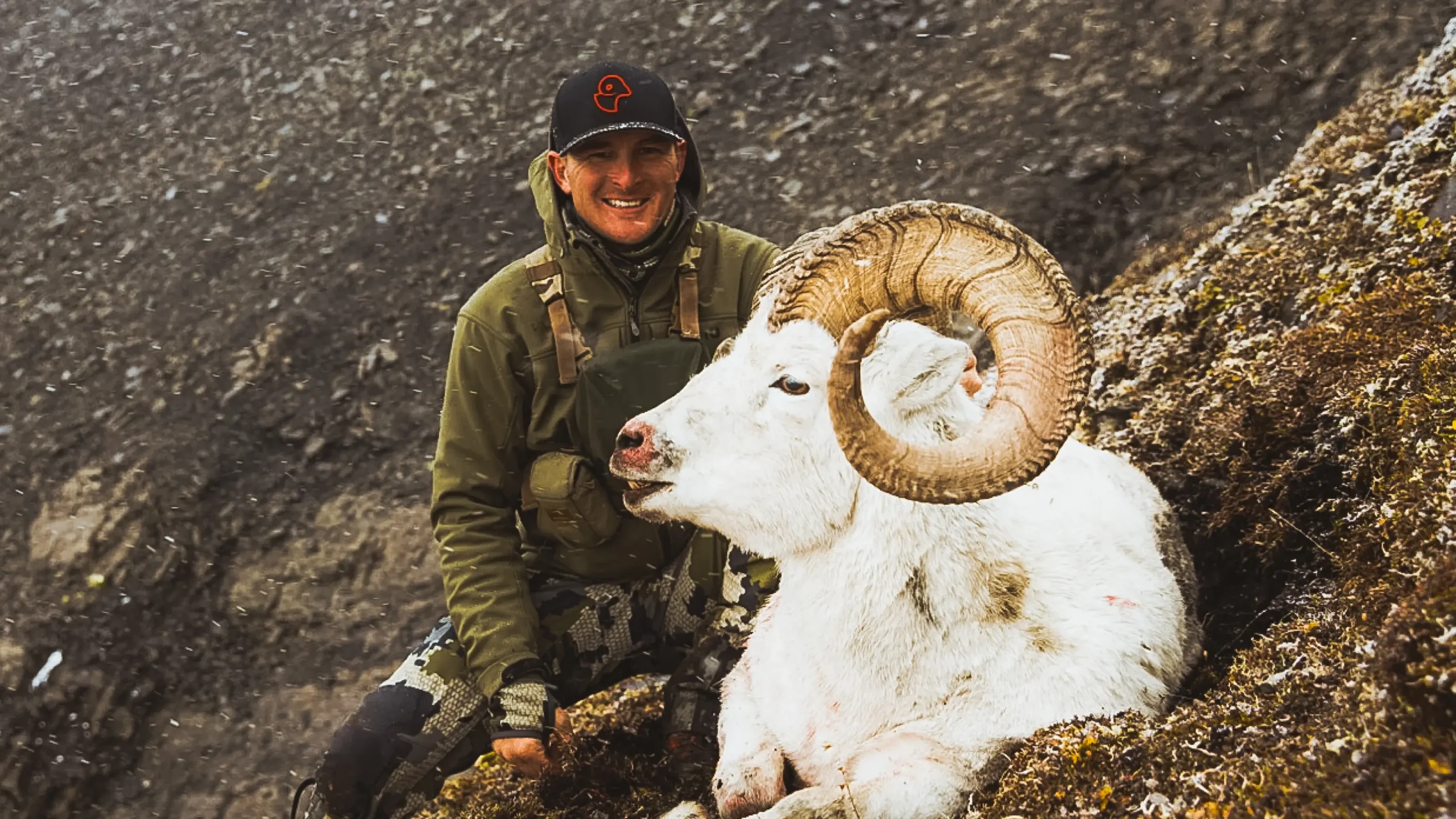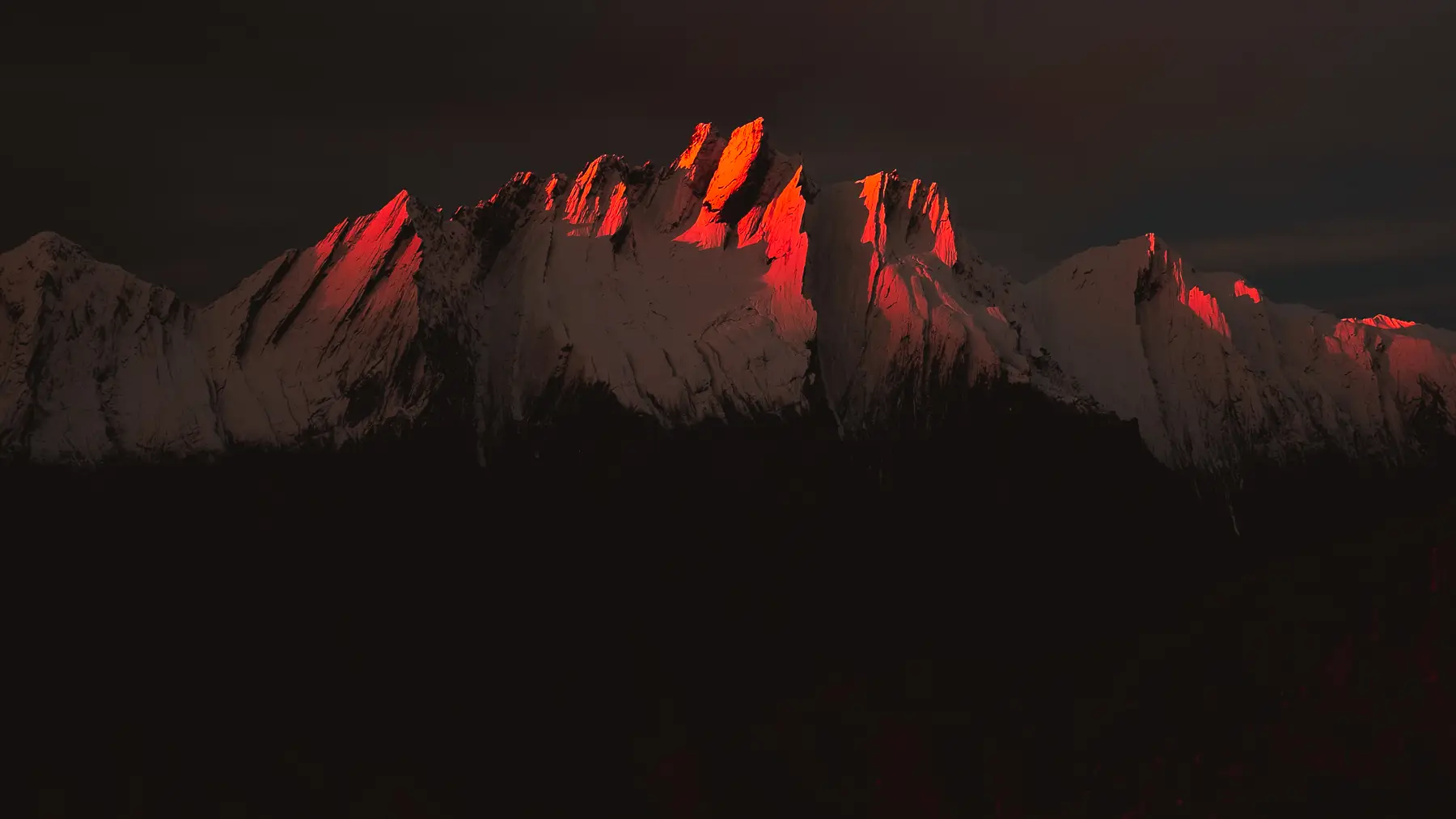There’s something romantic about the solitary hunter: a lone figure moving silently through the woods, testing themselves against nature. Those who can film solo… wow. Here’s a moment of silence for their effort. Sometimes, we need the solitude. We need to prove to ourselves that we harvest and pack out an animal entirely on our own. These solo adventures can be profound teachers of self-reliance and personal capability.
But if this is your only way of hunting, you’re missing something fundamental to both human nature and the hunting experience itself.
For over two million years, humans evolved not as lone wolves, but as pack hunters. Our ancestors’ success came not from individual ability alone, but from an unprecedented ability to work together. As anthropologist Paul Shepard wrote, “What group hunting brought was the development of sharing and cooperation and increased capacity to communicate among each other and to read the body language and other signals among dangerous carnivore competitors.”
Archaeological evidence reveals that early human hunting bands were remarkably sophisticated in their social organization. Sites dating back thousands of years show signs of coordinated hunting strategies: carefully chosen ambush points, evidence of drive lines where groups would work together to funnel animals toward waiting hunters, and butchering sites that suggest systematic division of labor. These weren’t just hunting techniques – they were crucibles of human social development.
The complexity of group hunting demanded unprecedented levels of communication and coordination. Anthropologists believe this pressure helped drive the development of complex language, as hunters needed to convey detailed information about animal behavior, weather patterns, and hunting strategies. The need to plan, coordinate, and learn from each experience may have been crucial in developing our capacity for abstract thought and detailed memory.
The physical demands of hunting also underscore our cooperative nature. Anyone who has field-dressed and packed out a large game animal alone knows it’s a herculean task. The work that feels crushing to one becomes manageable when shared among several. Our ancestors understood this intuitively – they had to. A successful hunt wasn’t just about making the kill; it was about efficiently processing the animal and transporting precious protein back to the group before predators or spoilage claimed it.
But the benefits of group hunting go far beyond mere practical efficiency. When we hunt together, we participate in one of humanity’s oldest social bonds. The relationships formed through hunting often have a depth and authenticity rarely found elsewhere in modern life. There’s something about sharing the pre-dawn darkness, the long hours of tracking, the intense moments of the harvest, and the hard work of the pack-out that forges connections that last a lifetime.
Perhaps no story better illustrates the profound human need for connection than that of Chris McCandless, whose journey into the Alaskan wilderness was immortalized in “Into the Wild.” McCandless ventured into the bush alone, seeking meaning and self-reliance in solitude. But in his final days, as he struggled to survive in an abandoned bus in the Alaskan wilderness, he came to a profound realization. In one of his last journal entries, he wrote, “Happiness is only real when shared.” This hard-won wisdom echoes through time to remind us that while we may sometimes seek solitude, our deepest fulfillment comes through connection with others. The same truth applies to hunting – while solo adventures have their place, the fullest expression of the hunting experience comes through sharing it with others.
Consider the unique mentoring relationships that develop in hunting camps. An experienced hunter teaching a newcomer to read sign isn’t just passing on practical knowledge – they’re participating in a tradition of knowledge transfer that stretches back to our species’ earliest days. The mentor-apprentice relationship in hunting often evolves into something deeper: part parent-child, part teacher-student, part fellow adventurers. Many hunters can point to a key mentor who not only taught them hunting skills but also shaped their broader understanding of nature, ethics, and responsibility.
The modern hunting camp, with its mix of laughter, strategy sessions, shared meals, and collective effort, is a direct descendant of gatherings that helped make us human. Anthropological studies of contemporary hunter-gatherer societies show how hunting bands serve as crucial venues for social bonding, cultural transmission, and the development of group identity. The stories shared around campfires do more than entertain – they preserve knowledge, reinforce social bonds, and help create a shared understanding of the group’s relationship with the natural world.
When we hunt in groups, we’re not just pursuing game – we’re engaging in an activity that helped develop human language, social bonds, and cultural transmission. The planning, the coordination, the shared triumph or disappointment, the division of labor, the mutual support: these elements didn’t just help our ancestors survive, they helped create human society itself.
This isn’t to diminish the value of occasional solitary hunts. Those experiences can provide vital opportunities for self-reflection, skill-building, and personal challenge. There’s undeniable satisfaction in knowing you can handle every aspect of a hunt alone when necessary. But making this your exclusive approach to hunting means cutting yourself off from one of hunting’s most profound dimensions.
A human alone is an incomplete thing. We are social creatures, evolved to function as parts of a greater whole. This truth becomes starkly evident during challenging hunts, where the limitations of individual capability bump up against the immensity of the task. The lone hunter struggling to break down and pack out a large animal in fading light isn’t just facing a physical challenge – they’re working against the grain of our evolutionary heritage.
Modern life pushes us toward isolation, making the individual the basic unit of everything. But hunting can reconnect us with deeper truths about human nature. When we hunt together, we tap into ancient patterns of cooperation and mutual support that helped make us who we are. We experience firsthand how individual knowledge and skills can combine into something greater than the sum of their parts.
So while there’s nothing wrong with occasional solo hunting, don’t let it become your only way of participating with the natural world. Seek out hunting partners. Build a community. Share your knowledge and learn from others. When you do, you’re not just making the practical aspects of hunting easier – you’re participating in one of humanity’s oldest and most meaningful forms of cooperation, one that helped shape who we are as a species. The benefits of cooperation will spill over into every other aspect of your life.
The mountains are calling, and sometimes they call us to solitude. But more often, they invite us to remember that humans’ greatest strength has always been our ability to work together, to share both the burden and the bounty of the hunt.
Recent Posts
Mental Models: Relativity
“Take your boots off now, you’re 80 yards away,” I speak into the radio. Josh is on the other side of a canyon...
What makes a peak a peak?
Peak experiences are moments that elevate us above the ordinary, shift our understanding, capture us at our finest, and strengthen bonds with others....
See Bull Go
“Peak Bagging” is when a hiker or mountaineer reaches the summit of a specific mountain peak. It’s often part of a predetermined list...
A Framework For A Year To Remember
Another year is come to an end. But more importantly, another year is about to begin. And with it comes the opportunity to...





